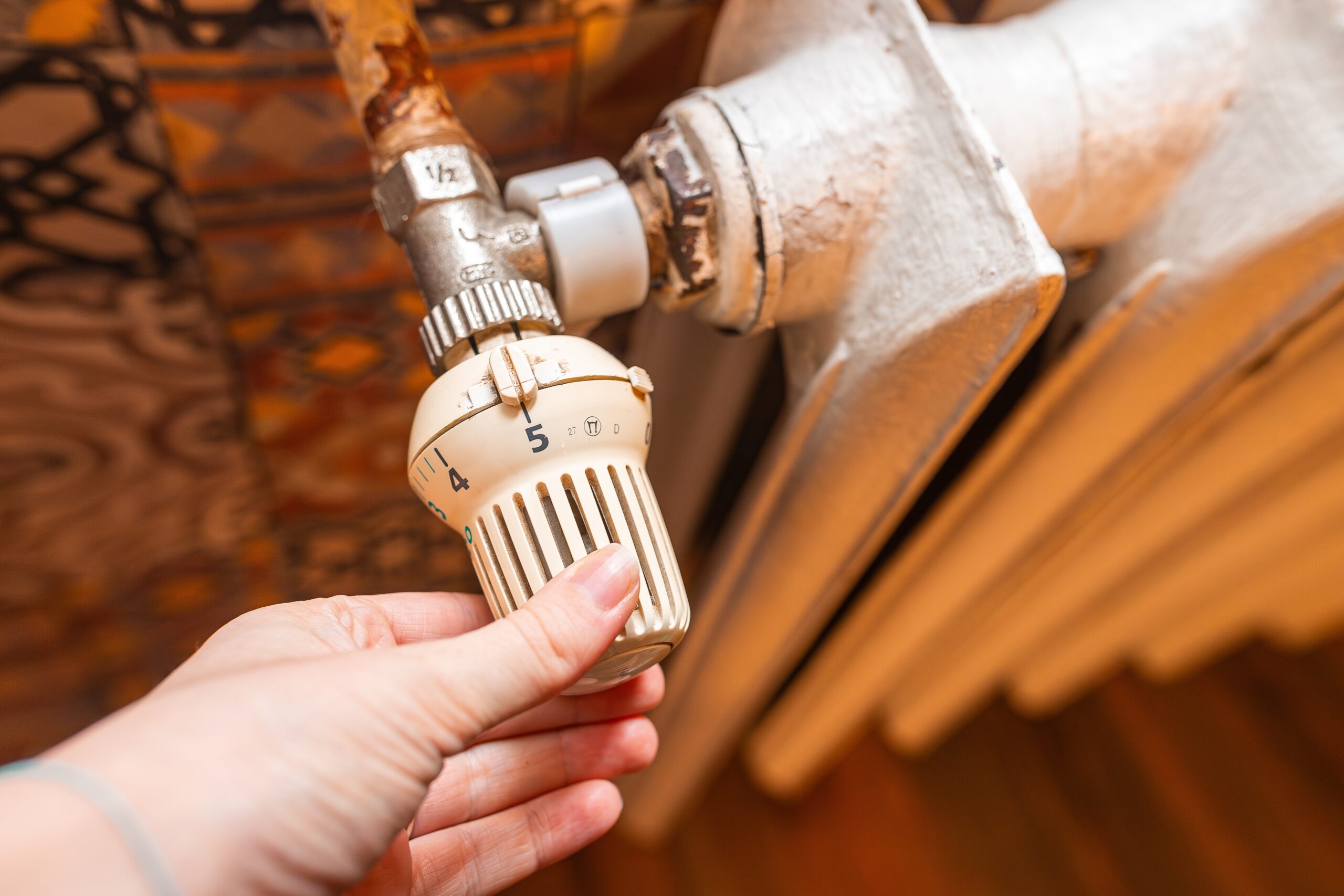
Landlord heat laws around heating and hot water failures
22-07-2025 | Legal Advice for LandlordsWhen there is no heat in your rental property, it can become a significant issue if not dealt with as soon as possible. Landlords need to follow heat laws when a boiler is not working to ensure tenant rights are implemented. As a landlord, when there is no heat, it is your responsibility to ensure the issue is rectified in a timely manner.
Here, we’ll take a look at how you can maintain a positive relationship with your tenants during a crisis like this, ensuring you legally comply with the regulations around heat in a rental property.

Heat laws landlords need to follow
It is your legal responsibility as a landlord to provide your tenants with heat at all times. The Landlord and Tenant Act 1985 is the holy grail when it comes to being able to define your legal obligations and states that landlords must keep in repair and proper working order things like:
- The structure and exterior of the dwelling.
- Installations for the supply of water, gas, and electricity.
- Sanitary appliances.
- Installations for space heating and water heating (this includes boilers, pipes, radiators, and hot water cylinders).
Another piece of legislation that you need to keep in mind is the Homes (Fitness for Human Habitation) Act 2018, which requires rental properties to be fit for human habitation. This also includes excess cold and inadequate provision of heating and hot water.
So, what does this mean for you, as a landlord? For starters, this means that you are responsible for the entire heating and hot water system, including the boiler and the radiator, as well as the hot water tap.
When a boiler is not working, tenants have the right to report the issue to you, allowing you a reasonable time for repairs.
Timeframes
There are no specific timeframes for repairs under section 11 in the Landlord and Tenant Act, but it does state that you will need to fix the heating issues within a reasonable timeframe. Here are some tips on how to make sure you adhere to tenant rights when the boiler is not working:
- Urgency is key: This is especially important during the colder months and when the tenants are considered vulnerable (such as young children or the elderly). You’ll need to pay urgent attention to hot water issues under these types of circumstances.
- Industry expectation: Usually, a 24-hour response for an emergency such as a boiler breakdown or loss of heating is standard.
- Communication: Even if there is a minor repair that needs to be done, you should communicate with your tenants promptly. Naturally, a full boiler replacement will be a more complex process, and it is important to keep your tenants informed as much as possible.
Essentially, you should try to repair any heating issues as quickly as you can, ensuring that you prioritise tenant safety and well-being while doing so.

Action plan for emergency boiler/system breakdowns
You may not have had to deal with a broken boiler before, so we have written down a step-by-step guide on how to ensure you get the problem fixed as soon as possible.
1. Immediate acknowledgement
Make sure that you respond to your tenant’s report as soon as possible, even if it’s a placeholder email. This will let them know that you’re aware of the problem and that your intention is to rectify it.
2. Assess the situation
Next, you’ll need to assess the situation to see how damaged the boiler or heating system is. Try to define whether or not there is a complete loss of heat and hot water, and if there is any suspicion of a gas leak.
If there is, you’ll need to instruct your tenants to leave the property immediately and call the Gas Emergency Service.
3. Call a professional
Once you have determined the level of repair needed, you’ll need to get in contact with a professional. Make sure of the following:
- For gas boilers, always use a Gas Safe registered engineer, as this is a legal requirement.
- For other heating/hot water issues, you can use a qualified heating engineer or plumber.
- Aim for an emergency call-out within 24 hours to diagnose the problem.
4. Temporary measures
If you know that the repair is going to take a while, make sure that you provide your tenants with something in the meantime to compensate them. For example, you can provide electric heaters for any specific rooms affected or access to hot showers nearby.
Communication is key
As with anything in life, communication is vital to being able to sort out an issue successfully. When there is no heat, it is the landlord’s responsibility to communicate with the tenants throughout the process to ensure they are kept up to date.
- Transparency: Make sure you keep your tenants informed throughout the process, giving them realistic updates with an estimated completion date.
- Expected disruption: Let your tenants know if there will be any noise or access required to the property for repairs.
- Document everything: make sure you keep a detailed log of every communication you’ve had with your tenants, including dates and times and what was discussed.
Preventative measures are what will help you sort the issue out, whilst adhering to landlord heat laws. For example:
- Annual gas safety checks: You have to ensure that these are carried out by a Gas Safe registered engineer and that you are able to provide a copy of the certificate to your tenants for their reference.
- Regular boiler servicing: This is recommended so that your boiler doesn’t break down. It involves a qualified engineer to be able to identify any potential issues before they escalate.
- Tenant welcome pack: Make sure that your tenant welcome pack includes instructions on how to report repairs, including who the main point of contact is during emergencies.
For more information on how to protect your property as a landlord, be sure to visit our resource centre. At CIA Landlords, we have the expertise to find the best landlord insurance deals that are suitable for your needs. Contact us today at 01788 818 670 for a quote!
We won't be beaten on any like for like landlord insurance quote.
Get a quote
